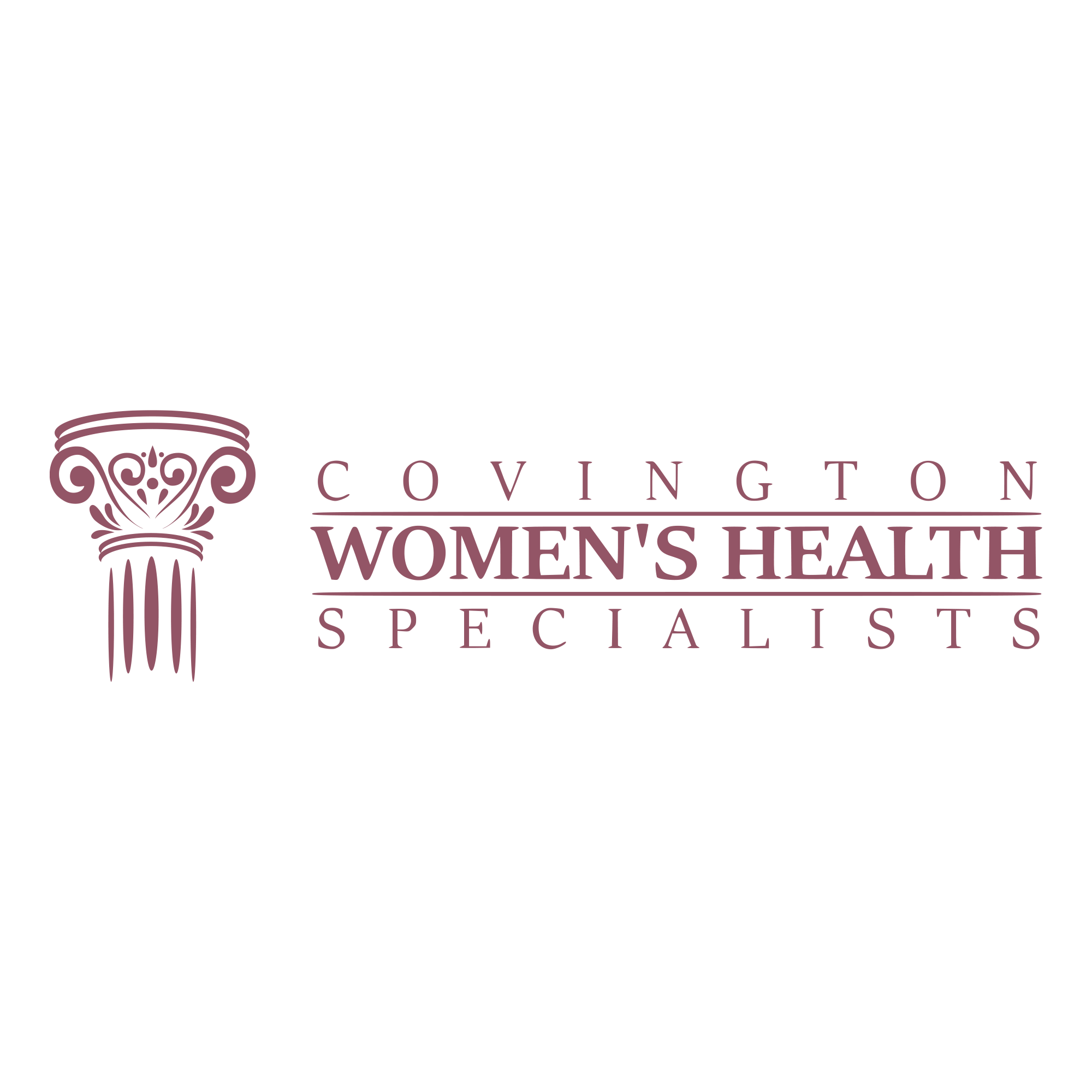The Benefits of Nerve Blocks Over Narcotics for Post-Surgery and Postpartum Pain Relief
At Covington Women’s Health Specialists, we prioritize the well-being and comfort of our patients. We take pride in our affiliation with Piedmont Newton Hospital and their anesthesiologists’ and anesthetists’ commitment to offering advanced pain management techniques to enhance patient recovery. One such technique is the use of nerve blocks, a method that has proven to be highly effective in reducing postoperative and postpartum pain while minimizing the reliance on narcotic medications.
Nerve blocks are a form of regional anesthesia that involves injecting medication near specific nerves to block pain signals from reaching the brain. This targeted approach provides significant pain relief in the immediate postoperative and postpartum periods. Unlike systemic narcotic medications, which can affect the entire body and cause a range of side effects such as drowsiness, nausea, and constipation, nerve blocks work locally, allowing patients to experience effective pain relief without these unwanted side effects.
The benefits of using nerve blocks over narcotics are particularly important in the context of obstetrics and gynecology. After surgery or childbirth, effective pain management is crucial for a smooth recovery. Nerve blocks not only reduce physical discomfort but also help new mothers stay alert and engaged during the crucial early bonding period with their newborns. Additionally, minimizing the use of narcotics helps prevent potential issues related to dependency and ensures a safer recovery process.
The skilled anesthesiologists and anesthetists at Piedmont Newton Hospital are highly trained in administering nerve blocks, ensuring that our patients receive the best possible care. By prioritizing patient comfort and recovery, we are striving to enhance the overall patient experience and ensure the best possible outcomes for our patients.
To schedule a prenatal visit to learn more, call our office at 770-385-8954 or request an appointment online.







